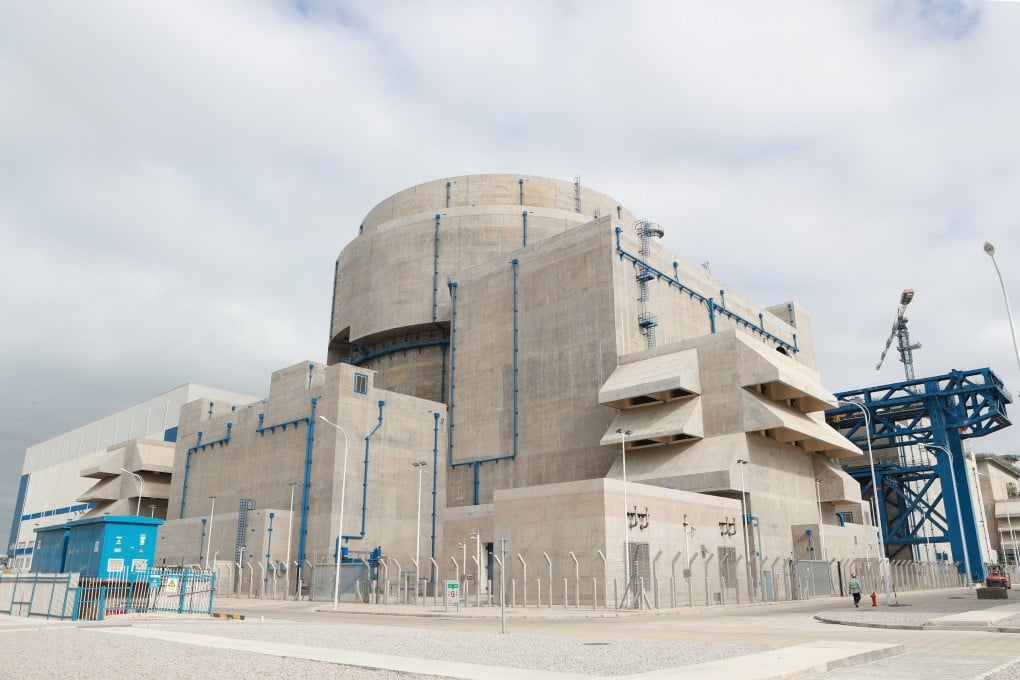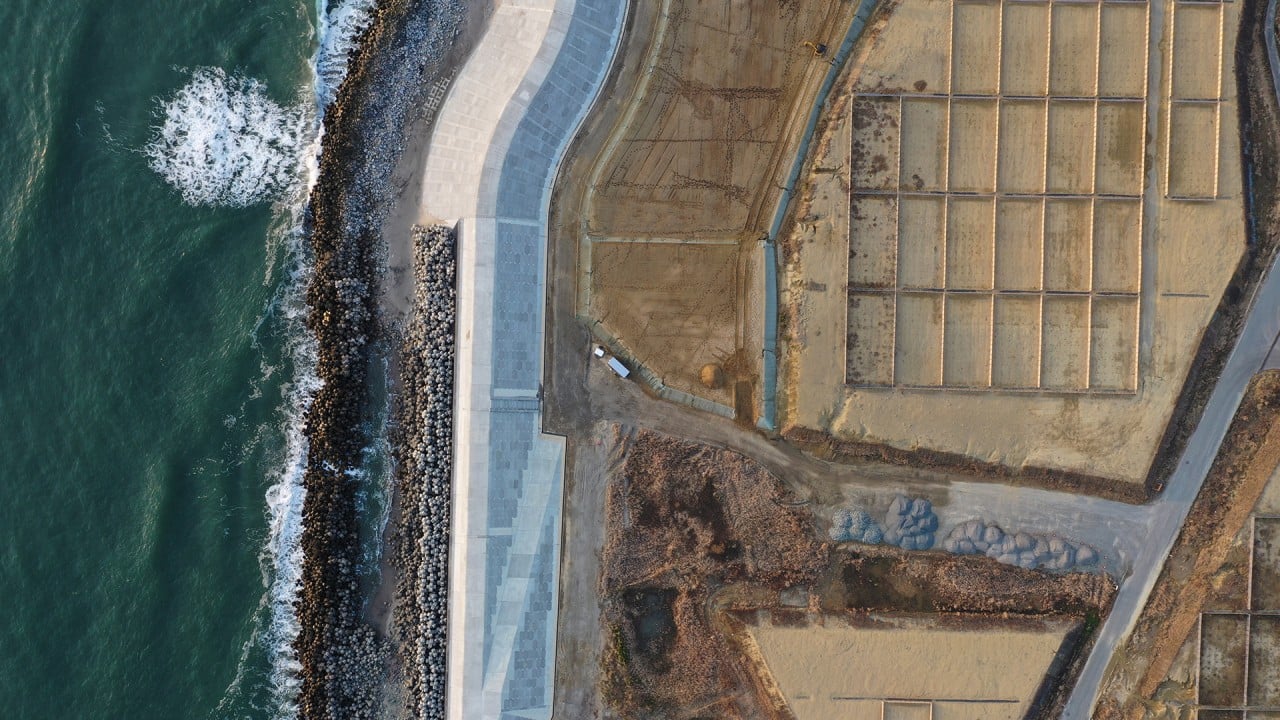‘Crazy’ US-China cooperation on nuclear energy key to tackling climate change, forum hears on Fukushima anniversary
- US has great potential for innovation in nuclear power, but need for it is greatest in places like China, says Columbia University’s James Hansen
- China’s nuclear power projects pipeline is the world’s largest

The United States should cooperate with China so that nuclear energy can play a bigger role in decarbonising the world, a forum held on the eve of the tenth anniversary of the Fukushima nuclear disaster has heard.
He was speaking to an online forum jointly organised by City University of Hong Kong, National Tsing Hua University, Seoul National University and Tokyo Institute of Technology on Wednesday.
“The US still has great potential for innovation in nuclear power, but the need for it is greatest in places like China, India and Indonesia,” he said. “If we cooperate, we could drive down the price of nuclear to less than that of coal, and then we will be on the track to solving the climate problem.”
China’s nuclear power projects pipeline is the world’s largest. Premier Li Keqiang said in his annual work report, presented last week during the National People’s Congress, that China will develop nuclear power “actively” in an “orderly manner”, on the premise that safety was ensured.
Hansen said the key to tackling climate change lay in raising the cost of fossil fuels and funding research to lower the cost of low-carbon alternatives. He called on the US and China to impose a rising across-the-board fossil fuel fee on domestic fossil fuel mines and ports, including duties on products imported from countries without a carbon fee.
